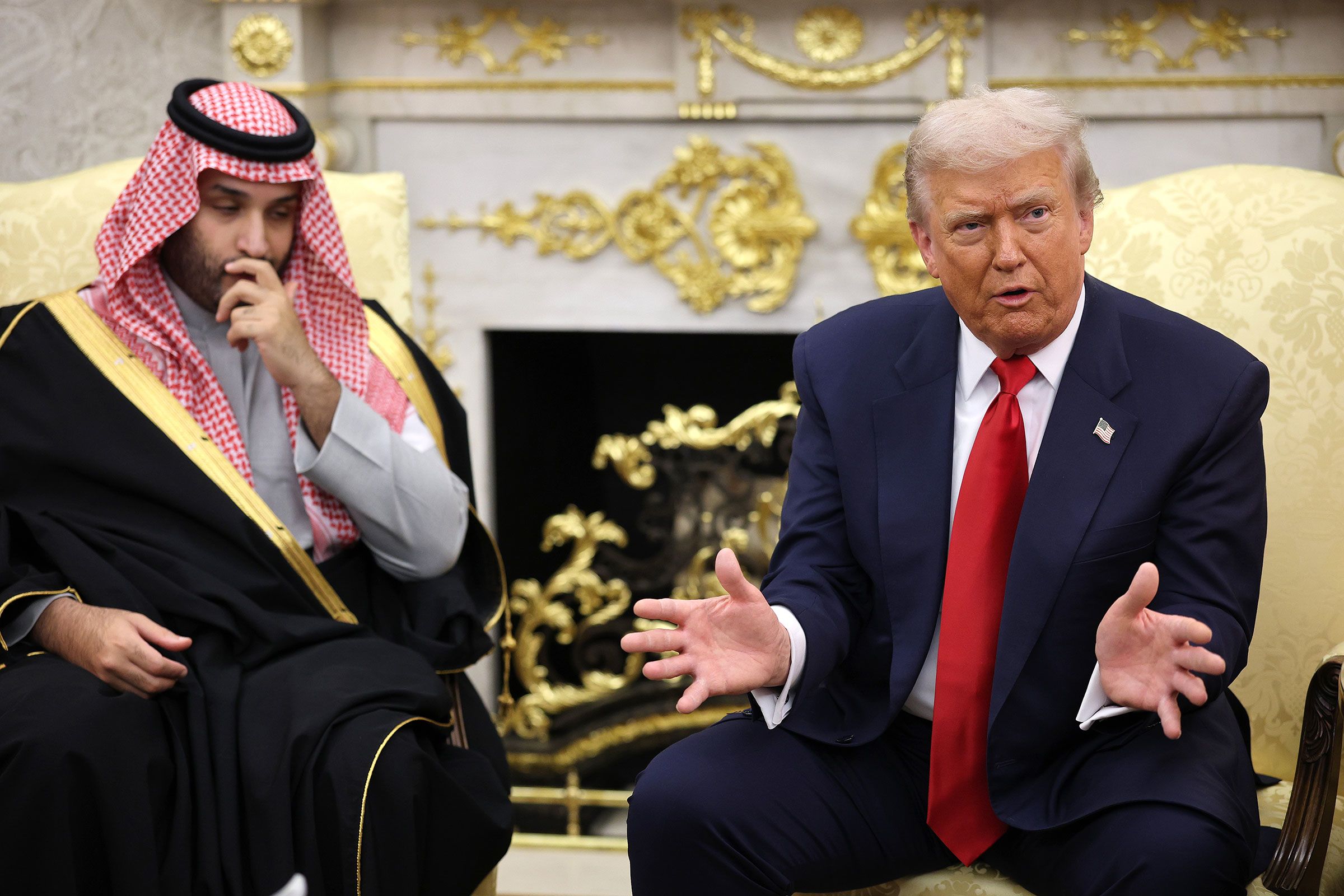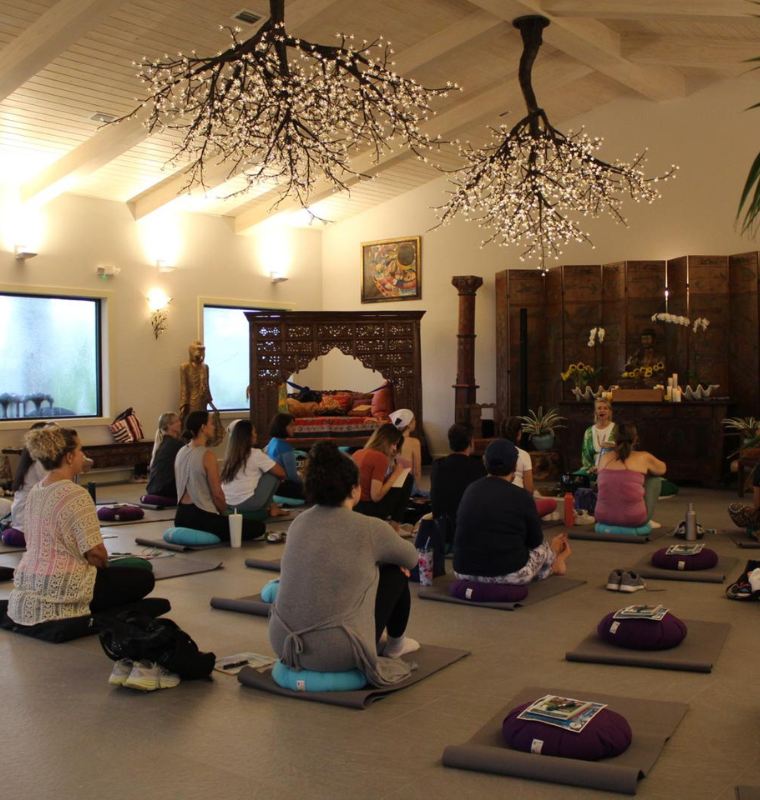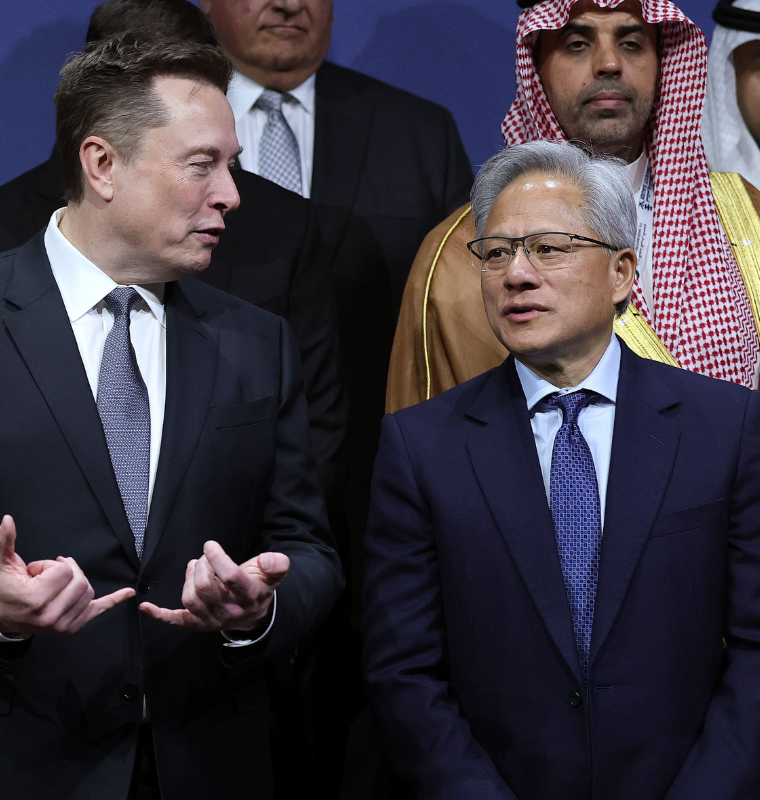Trump and Saudi Crown Prince Downplay Khashoggi Murder Controversy
Trump and Saudi Crown Prince Downplay Khashoggi Murder Controversy
By
Calder Monroe
Last updated:
November 19, 2025
First Published:
November 19, 2025

Getty Images
President Donald Trump and Saudi Arabia’s Crown Prince Mohammed bin Salman brushed aside tough questions about the 2018 killing of journalist Jamal Khashoggi during a high-stakes meeting at the White House. As the two leaders sat side by side in the Oval Office, Trump waved off the issue, simply stating, “Things happen.” He went on to call the line of questioning “fake news,” failing to acknowledge the gravity of the accusations that continue to swirl around bin Salman’s alleged role.
Khashoggi, a Saudi national and U.S. resident critical of the Saudi regime, was murdered inside the Saudi consulate in Istanbul. Bin Salman, long suspected of having ordered the killing, has consistently denied any involvement. Trump, defending the Saudi leader, said, “He knew nothing about it, and we can leave it at that.”
The exchange came amid pointed questions from ABC News reporter Mary Bruce, who also asked about Saudi Arabia’s alleged role in financing the 9/11 terrorist attacks and Trump’s own business dealings in the kingdom. In response, Trump called her a “terrible” reporter and accused her of being disrespectful to a guest state leader, saying she didn’t need to embarrass anyone with her line of questioning.
Bin Salman, for his part, expressed a measure of remorse, calling the killing “a huge mistake” and “very painful,” especially for the Khashoggi family. He insisted, however, that his government conducted a thorough investigation and has reformed its internal system to prevent such an incident from ever happening again.
He also tied his comments to America’s own grief, referencing the 9/11 attacks and suggesting that some intelligence documents, including those from the CIA, indicate involvement of Saudi-linked individuals. “We have to focus on reality,” he said, framing the controversy as part of a broader, fraught history that extends back to al-Qaeda’s past connections.
The personal toll was underlined by Hanan Elatr Khashoggi, the journalist’s widow, who had appealed to Trump ahead of this meeting. On social media, she demanded accountability—not just compensation, but the return of her husband’s remains so she can perform an appropriate religious burial. In a separate interview, she described her anguish watching bin Salman step into the Oval Office, calling his presence deeply painful.
This high-profile engagement marks bin Salman’s first U.S. visit since Khashoggi’s death. Analysts say it underscores the enduring strategic importance of the U.S.–Saudi alliance, even as moral and political tensions remain unresolved. For many, the episode highlights the complicated balance between geopolitics, accountability, and realpolitik in international diplomacy.
Popular articles
Subscribe to unlock premium content
How Adults Are Paying to Experience Silent Daylong Festivals for Mindfulness

The Rise of Ultra-Personalized Scent Memory Experiences Using Olfactory Therapy

Why Some Millennials Are Paying for One-Day Luxury Survival Challenges in Nature

How Adults Are Paying to Experience Silent Daylong Festivals for Mindfulness

The Rise of Ultra-Personalized Scent Memory Experiences Using Olfactory Therapy

How Adults Are Paying to Experience Silent Daylong Festivals for Mindfulness







.png)

